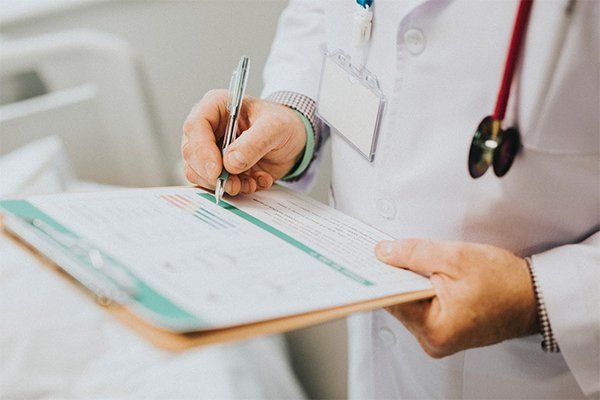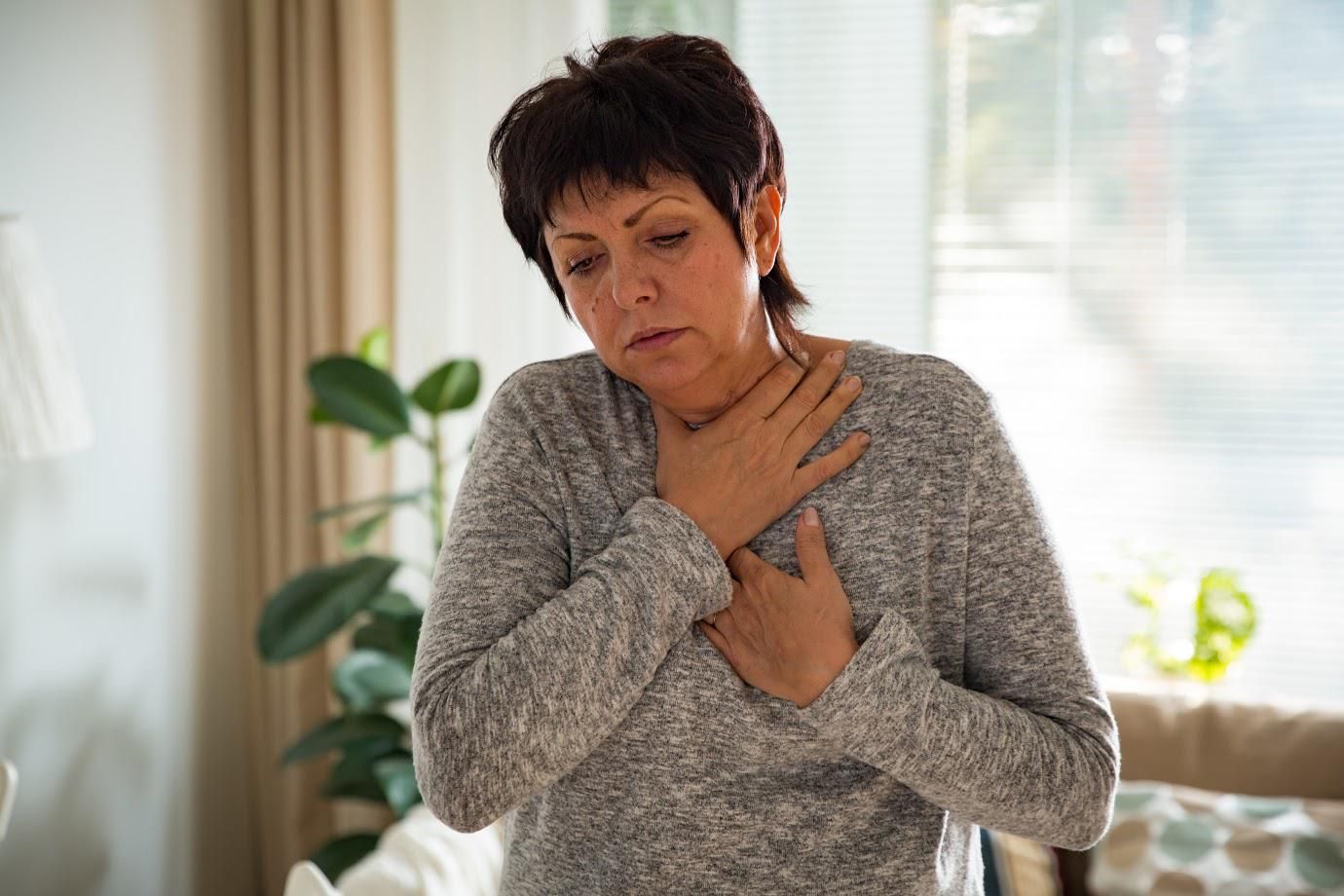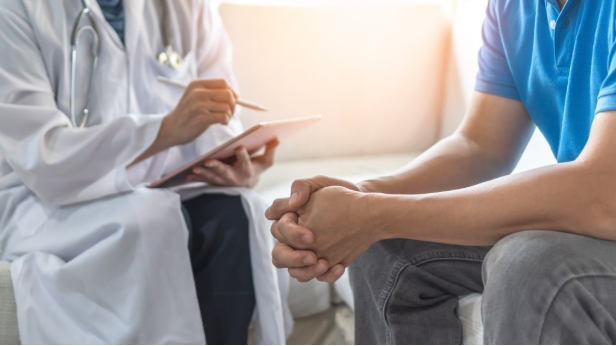Dyspepsia 101: What You Should Know About This Digestive Disorder

If you feel bloated and gassy, have a burning sensation in your stomach or chest, or just don't feel like yourself, you might have a serious case of dyspepsia. Dyspepsia is a chronic digestive disorder that affects millions of people each year.
Learn more information on the causes, symptoms, and treatment options for dyspepsia.
What is Dyspepsia?
Dyspepsia, also known as chronic indigestion, is a digestive disorder that causes pain or discomfort in the upper abdomen. This condition is common and affects an estimated 30% of the population.
Dyspepsia effects can vary from person to person. Some people may only experience occasional mild discomfort, while others may have more severe symptoms that interfere with their daily activities. The condition is usually chronic when you experience the symptoms more than once a week for several weeks.
- Abdominal cramping and bloating
- Nausea and vomiting
- Fever
- Mucus in the stool
- An urgent need to use the bathroom
Functional Dyspepsia
Functional dyspepsia is the most common type, and its cause is unknown. The stomach and intestines look normal when doctors examine them, but they don't work the way they should.
Functional dyspepsia is further divided into two subtypes:
- Postprandial dyspepsia: This occurs after you eat a meal.
- Epigastric dyspepsia: This occurs in the upper middle region of the stomach.
To determine what type of functional dyspepsia you have, your doctor will ask about your symptoms and when they occur. This way, the physician can rule out any other potential causes of your dyspepsia.
Organic Dyspepsia
Organic dyspepsia is less common, and its symptoms are a result of an underlying medical condition. Some examples of conditions that can cause this condition include:
- Peptic ulcer disease: A peptic ulcer is a sore in the lining of your stomach or small intestine.
- Gastroesophageal reflux disease (GERD): GERD occurs when stomach acid flows back up into your esophagus (the tube that carries food from your mouth to your stomach).
- Gastroparesis: Gastroparesis occurs when your stomach muscles don't work properly. This issue can delay the emptying of your stomach, which leads to dyspepsia.
- Hiatal hernia: A hiatal hernia is when a portion of your stomach protrudes through an opening in the diaphragm.
Organic dyspepsia is more common in people who are under a lot of stress or have other psychological disorders.
What Are the Main Symptoms of Dyspepsia?
The most common symptom of dyspepsia is a feeling of fullness or discomfort in the upper abdomen. Other symptoms may include:
- Bloated stomach
- Nausea
- Vomiting
- Heartburn
- Acid reflux
If you have any of these symptoms, see your doctor as soon as possible so they can rule out any other potential causes.
What Are the Main Treatment Options for Dyspepsia?
Treatment for dyspepsia will depend on the underlying cause. If your dyspepsia is due to a functional disorder, your doctor may recommend lifestyle changes that may require you to:
- Eat smaller meals
- Avoid trigger foods
- Not smoke
- Reduce stress
If your dyspepsia is due to an organic disorder, such as GERD, your doctor may recommend medications to treat the underlying condition. Such medications may include the following:
- Antacids: These medications neutralize stomach acid and provide relief from dyspepsia.
- Proton pump inhibitors: These medications block the production of stomach acid to provide relief from dyspepsia.
If the dyspepsia is because of a hiatal hernia, your doctor may recommend surgery to repair the hernia. However, this option is typically only necessary if other treatment options don't work.
Do you suffer from dyspepsia? Are you on the lookout for answers? Contact Kentuckiana Gastroenterology & Paramount Surgery Center today. Our team of experts will work with you to determine the cause of your dyspepsia and develop a treatment plan that works for you.

















